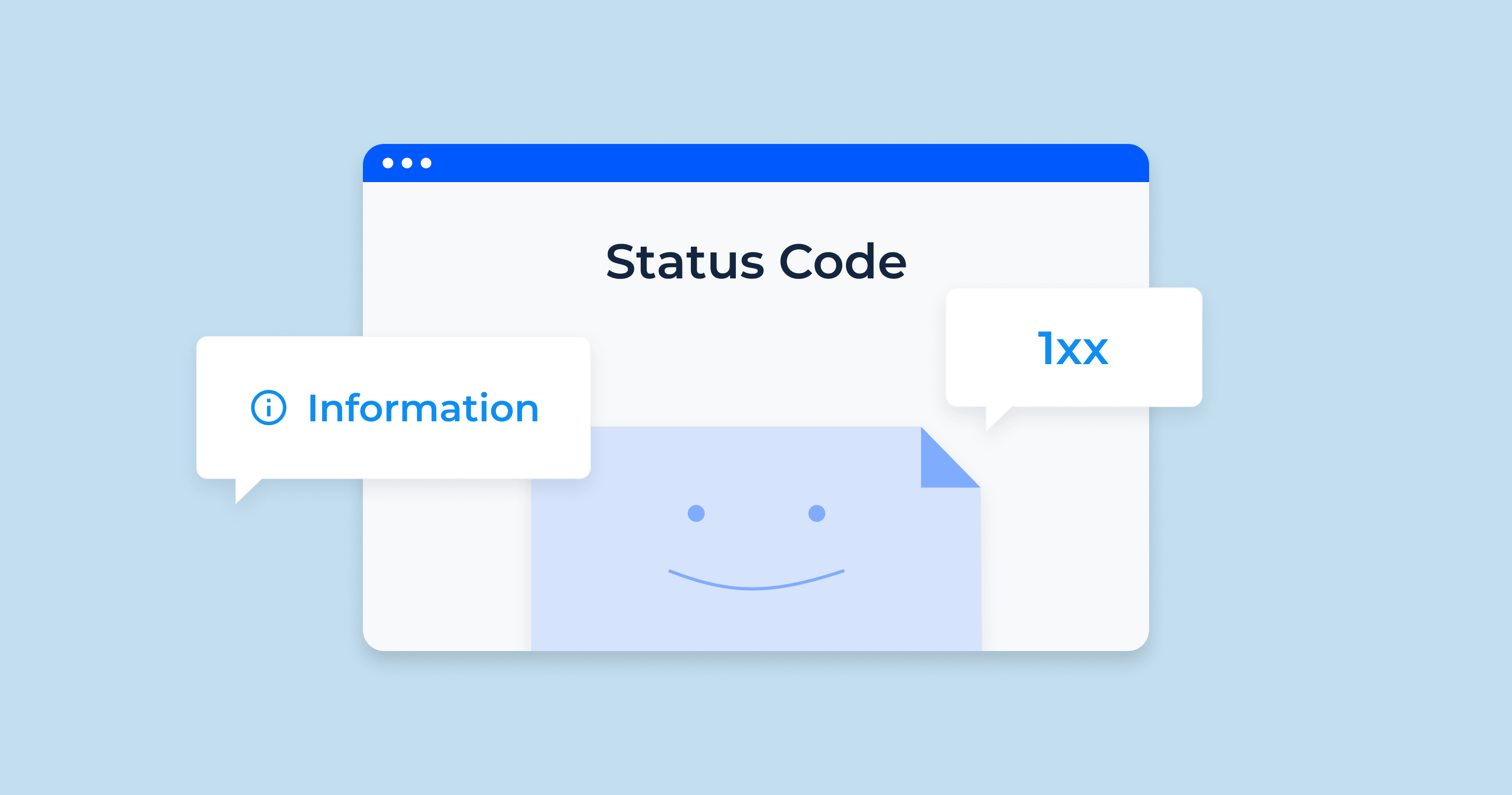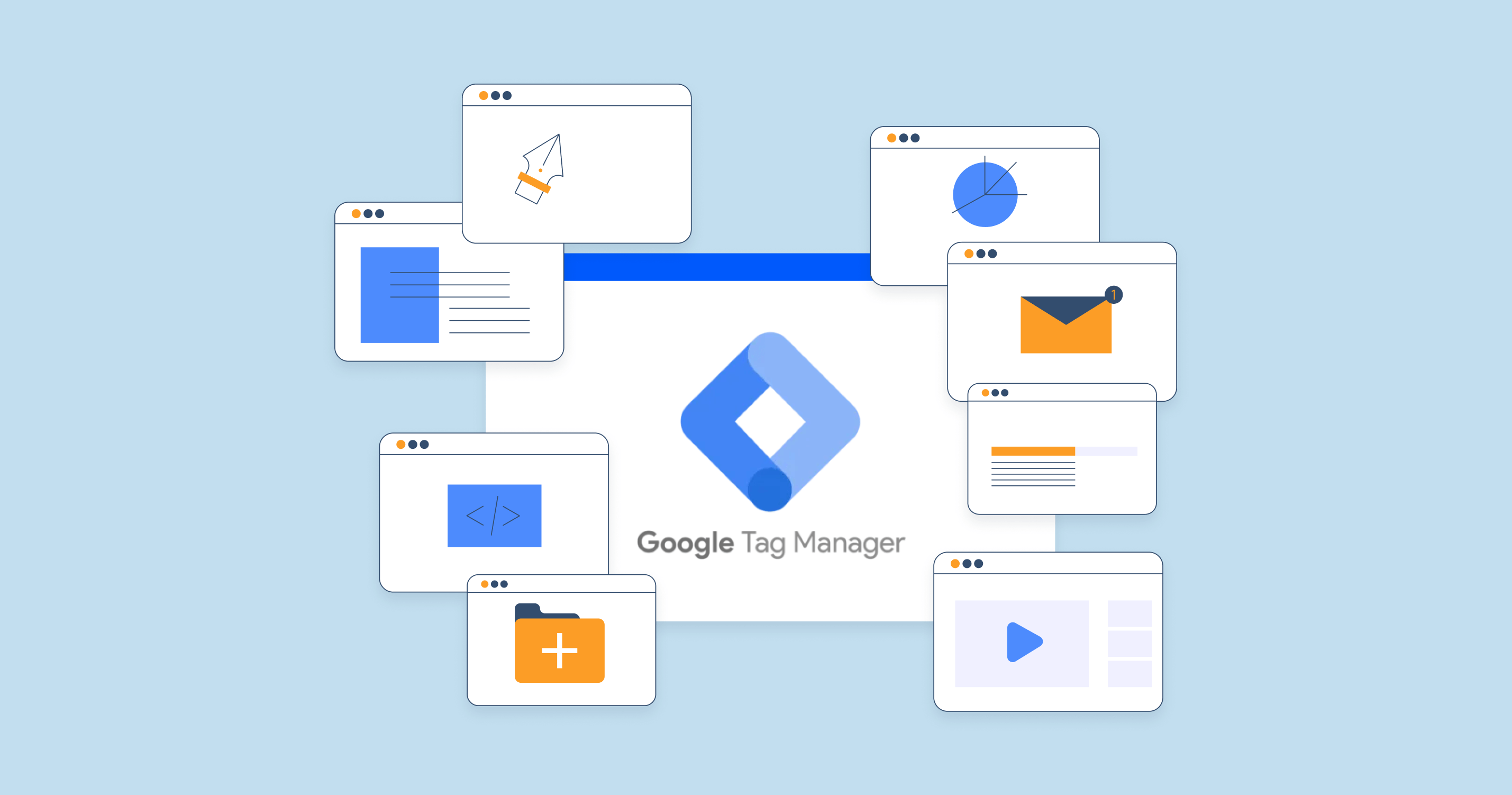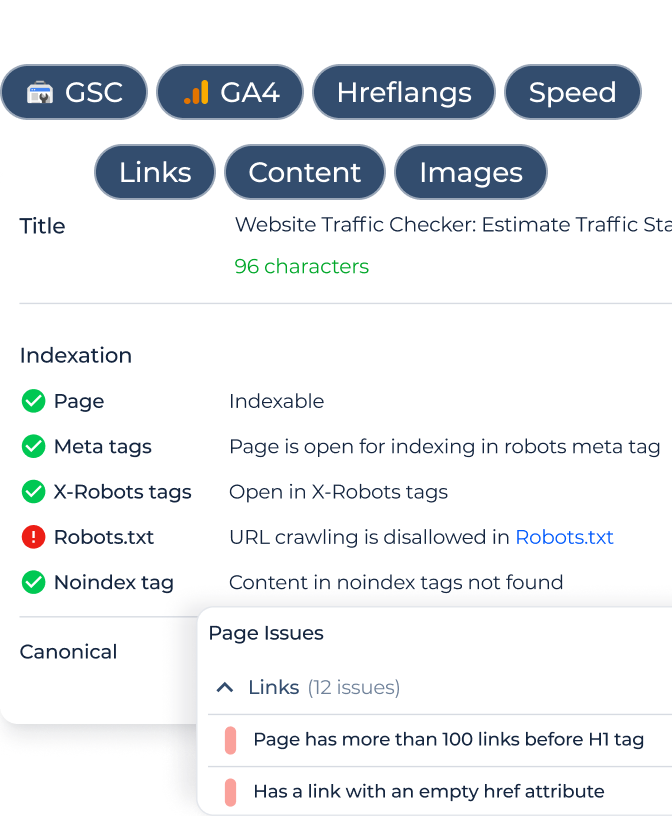In the realm of web server communications, understanding HTTP status codes is fundamental. These are sent by a web server in response to a client’s HTTP request and help discern the nature of the request’s result.
HTTP response codes fall into five distinct categories, each serving a unique purpose:
- 1xx Informational: These relay preliminary information following the initial HTTP request.
- 2xx Success: These indicate that the client’s request was received, understood, accepted, and processed successfully by the server.
- 3xx Redirection: When the requested resource resides at a different location, these codes instruct the client to access the resource from that new location.
- 4xx Client Error: These reflect errors primarily originating from the client side. This usually happens when the client lacks the necessary parameters to reach the requested URL.
- 5xx Server Error: Lastly, these represent situations where the server was unable to process a seemingly valid client request.
Understanding each category and its associated status codes equips SEO professionals with the knowledge to optimize web communications, diagnose issues, and enhance the overall browsing experience.
So, let’s explore in detail HTTP 1xx status codes.
HTTP 1xx Status Codes as a Bit of SEO Optimization
HTTP 1xx status codes play a significant role in web communications’ smooth and efficient functioning.
They are classified as informational, essentially acting as a sort of ‘heads up’ between the client and the server. They provide provisional responses which encourage the client to continue the request.
Here’s a quick rundown of what each HTTP 1xx status code means:
100 Continue
This is considered as a green light. The server has successfully received the request headers, and now the client has the go-ahead to send the request body.
101 Switching Protocols
This one demonstrates the flexibility of HTTP communication. Upon the client’s request, the server prepares to switch protocols and sends this to acknowledge the process.
102 Processing (WebDAV)
This shows that the server is like a diligent worker. It has received the request and is busy processing it, even if there’s no immediate response available.
103 Early Hints
This is valuable for enhancing the user experience. Used primarily with the Link header, it enables user agents to start preloading resources while the server is still preparing the final response.
Understanding these 1xx codes can provide valuable insights into your server’s efficiency and your website’s loading times, both of which are vital factors in SEO.
Remember, every tiny bit of optimization contributes to the overall visibility and success of your site.
Inhance Your SEO Insight with SiteChecker’s HTTP Status Code Checker
Check a specific page for server response code
Investigate every page of your website, examiningassessing both HTTP and HTTPS URLs to determine their status codes
SiteChecker’s HTTP Status Code Checker is a pivotal tool for anyone keen on understanding the labyrinth of web server communications. This user-friendly tool provides a clear insight into the myriad of HTTP status codes, ranging from 1xx to 5xx, each with their distinct meanings and roles in web communications. The insights garnered from understanding these codes can play a crucial role in optimizing web communications and refining the overall user browsing experience.
Conclusion
HTTP status codes, including the less common 1xx, are key to understanding web communications. These preliminary 1xx codes serve as cues for continued interaction between the client and server, each with a distinct meaning. Grasping these codes allows SEO professionals to optimize server efficiency and website load times, thereby enhancing overall website visibility and success.
They are crucial tools in an SEO professional’s toolkit for ensuring optimal web communication and a superior user experience.









